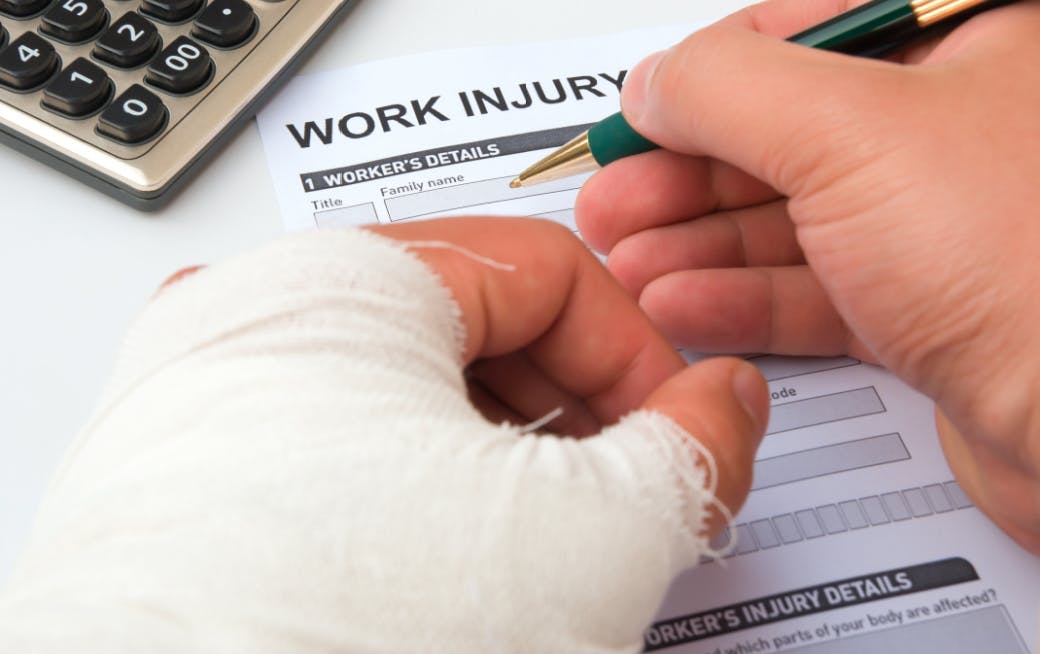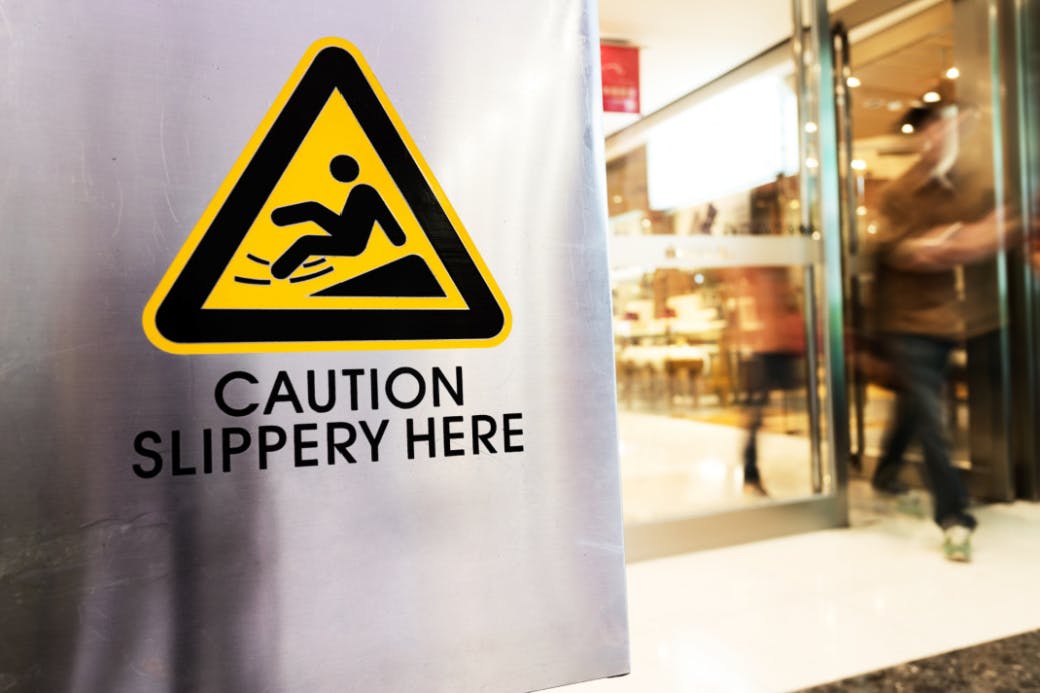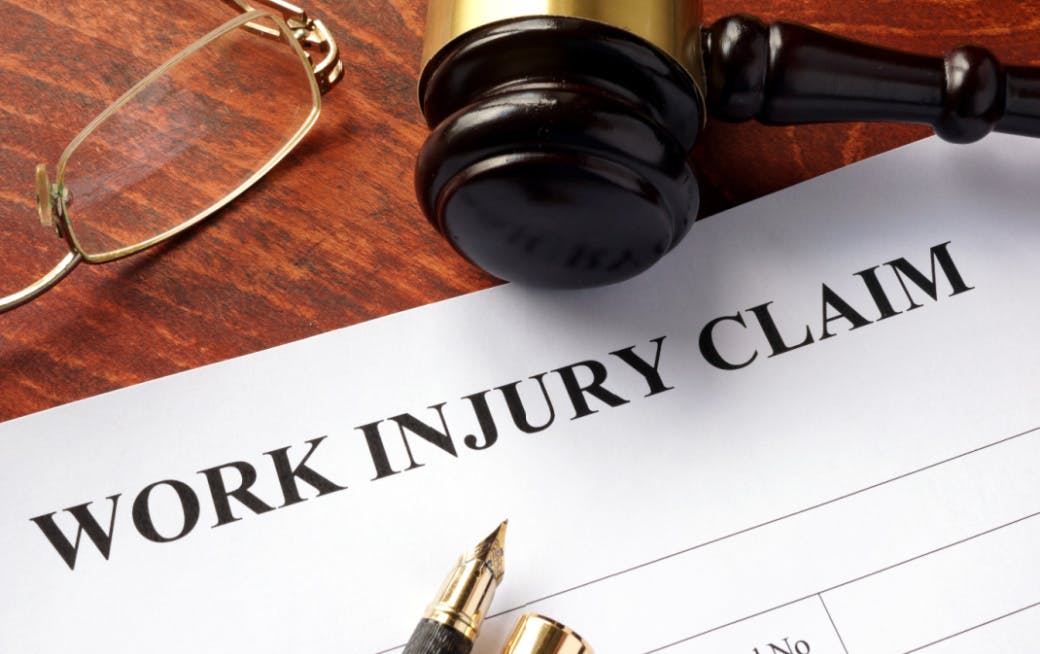7 Myths About Minnesota Workers’ Compensation Law Debunked

There are plenty of myths about Minnesota workers’ compensation law out there. You may have heard things like:
- “Your employer isn’t required to provide workers’ compensation benefits.”
- “You won’t get anything if you weren’t working when you were injured.”
- “You could lose your job if you file for workers’ comp.”
Any of these myths could keep you from pursuing the financial support you need after a work-related injury or illness. That’s why it’s so important to understand what you’re entitled to. After all, knowing your rights is the first step to protecting them.
So how do you separate the fact from the fiction? Here are 7 common myths about Minnesota workers’ compensation law.
Myth #1: Workers’ Compensation Is a “Discretionary Benefit”
Discretionary benefits are perks that your employer isn’t required to offer, such as tuition reimbursement or paid vacation time. Workers’ comp is not a discretionary benefit. It’s mandatory.
Minnesota workers’ compensation law requires businesses to provide their full-time and part-time employees with workers’ comp coverage. This applies regardless of how many employees a business has.
Myth #2: You Had to Be Actively Working When You Were Injured

In order to be eligible for workers’ compensation in Minnesota, you have to have received your injury in connection with your job. However, you don’t have to have been actively working at the time.
For example, if you work at an office and tripped down a flight of stairs while on your way to the restroom, you could be entitled to workers’ comp. Alternatively, if you’re a construction worker and a piece of machinery hit you while you were taking your lunch break, you could also qualify for workers’ compensation.
You don’t even have to be at the building or jobsite when the injury occurs. Auto accidents make up a significant percentage of workers’ compensation claims. If driving or walking is included in the scope of your work—such as for a delivery driver or an intern crossing the street to fetch coffee—you may be entitled to compensation for any accidents that happen while on an errand.
(Note: this generally won’t apply if you’re injured while commuting to or from your job.)
Myth #3: You Can’t Get Workers’ Compensation If You Caused the Injury
As an employee, your right to compensation doesn’t depend on your employer having caused the injury. In most cases, you’re entitled to workers’ comp even if you are partially or completely responsible for causing the injury yourself.
That’s because fault isn’t a factor in Minnesota workers’ compensation law. If you were distracted, inexperienced, or even careless, you can still qualify for workers’ comp benefits.
The only exception to this no-fault system is if you were under the influence of drugs or alcohol when the injury occurred. In that case, you would have to prove that your intoxication didn’t contribute to your injury in any way—a very difficult claim to make.
Myth #4: Workers’ Compensation Won’t Cover Repetitive Stress and Strain Injuries

Another common workers’ compensation myth is that it only covers severe injuries resulting from a single accident. This is not true. Workers’ comp can cover all types of work-related injuries, including repetitive stress and strain
Some examples of injuries resulting from repetitive strain include:
- Back pain
- Tendinitis
- Carpal tunnel syndrome
- Tennis elbow
Under Minnesota workers’ compensation law, you can even get compensation for work-related hearing loss.
Myth #5: You Could Lose Your Job If You File for Workers’ Compensation
It's against the law for a business to fire an employee because of that employee's workers' compensation claim. That could be “retaliation” and your employer might face legal consequences for doing it.
It’s also illegal for employers to discriminate against you for a physical or mental disability. Unless your injury makes it impossible for you to complete any position the business has available, you shouldn’t be at risk of losing your job.
And even if it does become impossible for you to continue working at the same business, workers’ compensation can help cover your lost wages and medical expenses while you search for a new job.
Myth #6: Your Employer Will Help You Maximize Your Benefits
Unless you’re very lucky, your employer probably won’t help you maximize your workers’ compensation benefits. Your employer has no incentive to do so. Most likely, they’ll only have a very limited role in the whole process—except perhaps to dispute your claim.
Ultimately, you’re the only party involved who has a vested interest in maximizing your benefits. Don’t leave it in your employer’s hands or take them at their word.
Myth #7: Workers’ Compensation is Your Only Option

Workers’ compensation isn’t the only way you can get the financial support you need. If your workers’ comp claim is denied or the payout doesn’t cover enough of your expenses, you may be able to file for personal injury damages against a third party. Examples:
- The driver of a vehicle you were involved in an accident with
- The owner of the property you were injured on
- The manufacturer of a defective piece of machinery
- The owner of a dog that attacked you
- A coworker who intentionally caused you harm
In these situations—as well as others—you may be able to get additional compensation through a third-party personal injury lawsuit.
Get Help from an Experienced Minnesota Workers’ Compensation Attorney
If you’ve suffered a work-related injury, we can help. At SiebenCarey, we’ve helped countless injured employees get the financial support they need through workers’ comp claims and third-party personal injury lawsuits.
Our team of veteran workers’ compensation attorneys will review the details of your case, make sure you understand exactly what your rights are, and see to it that you get every dollar you’re owed.











